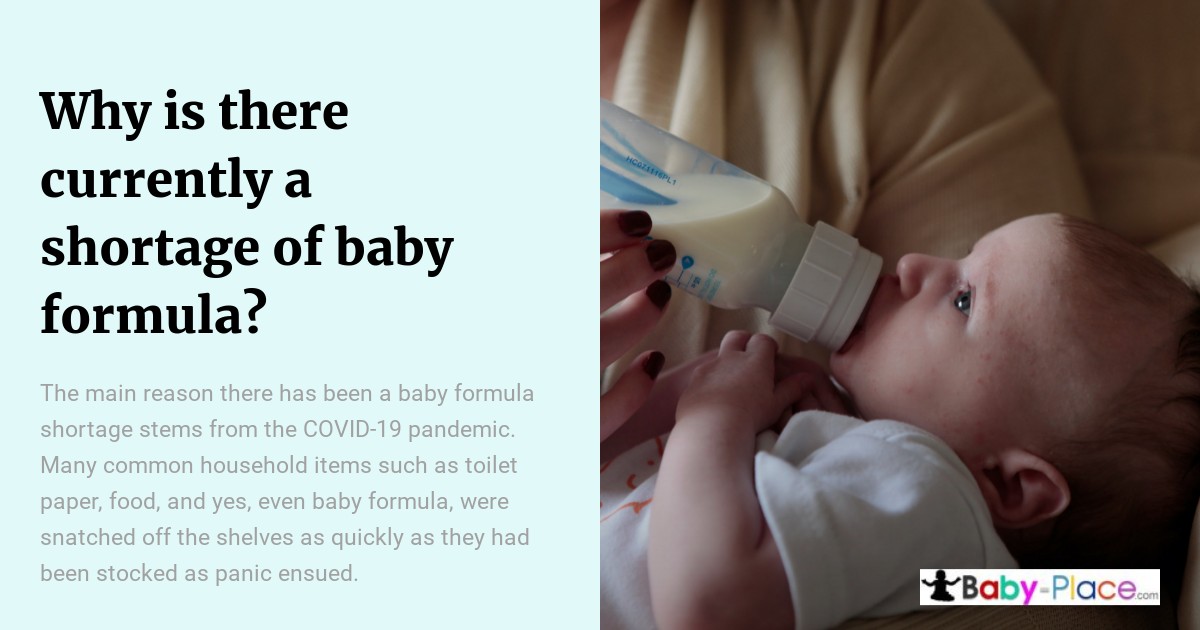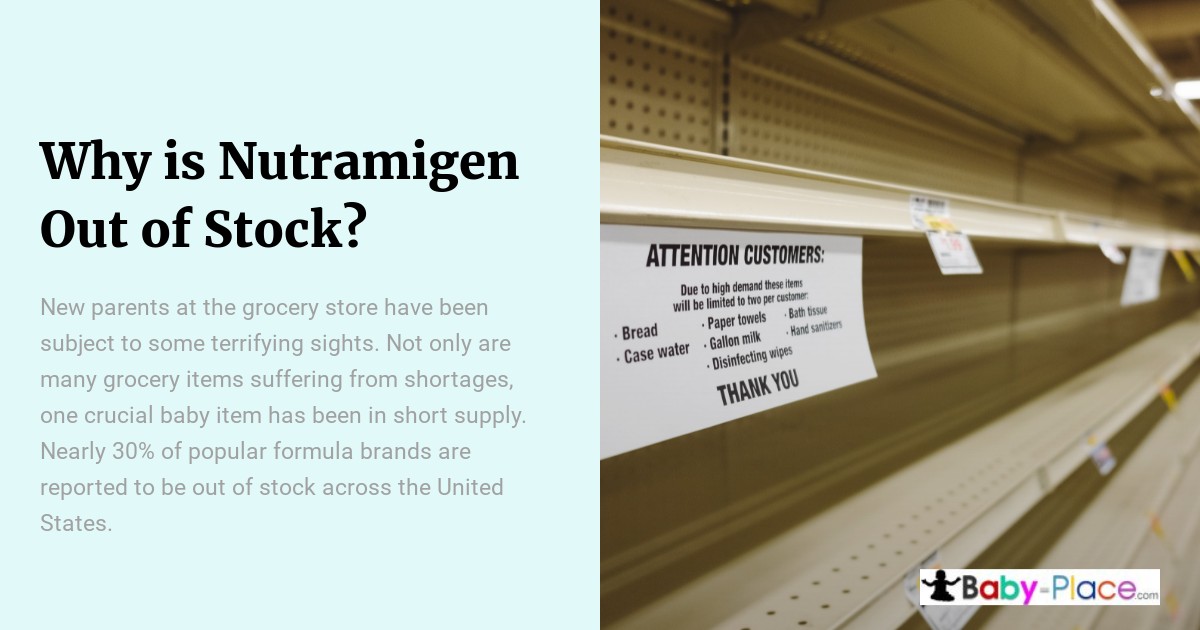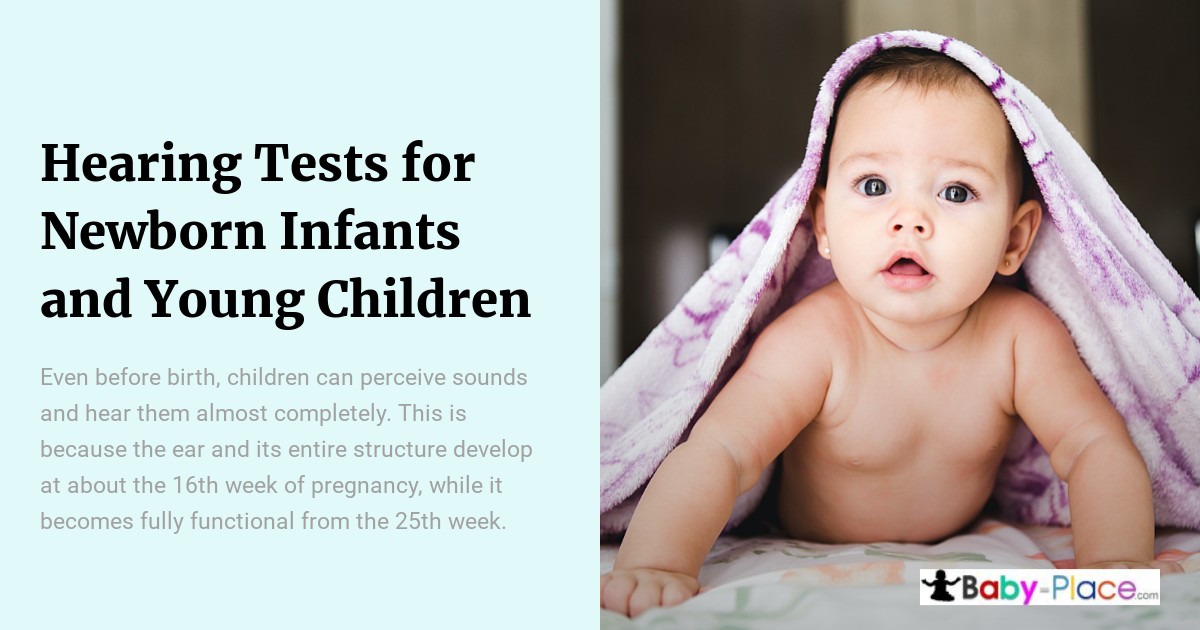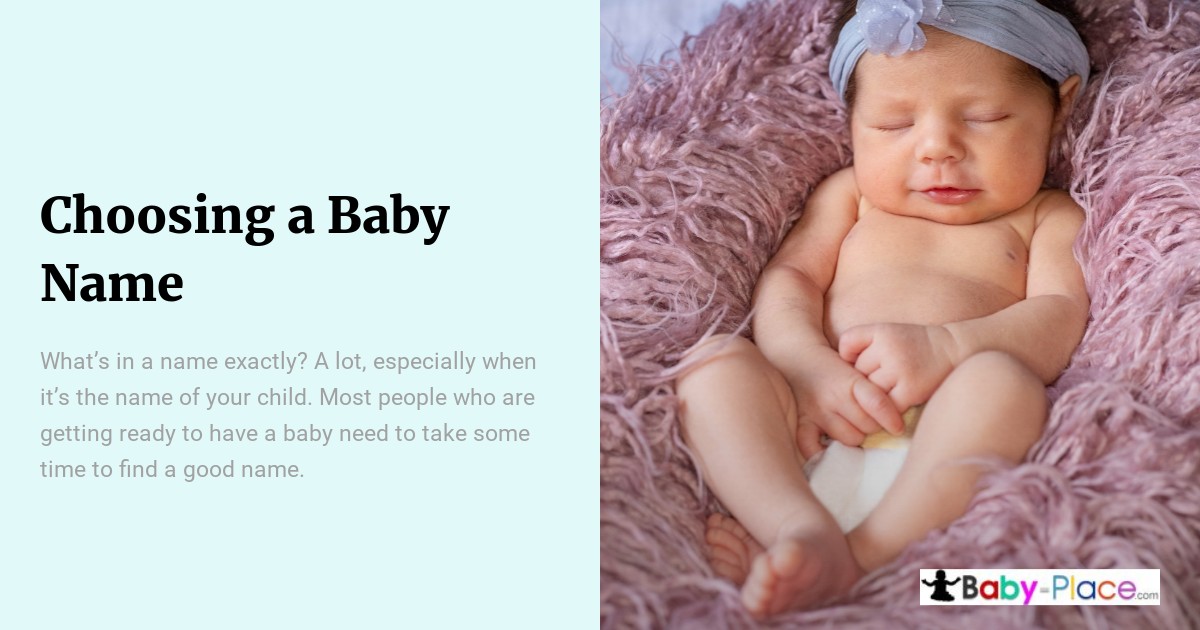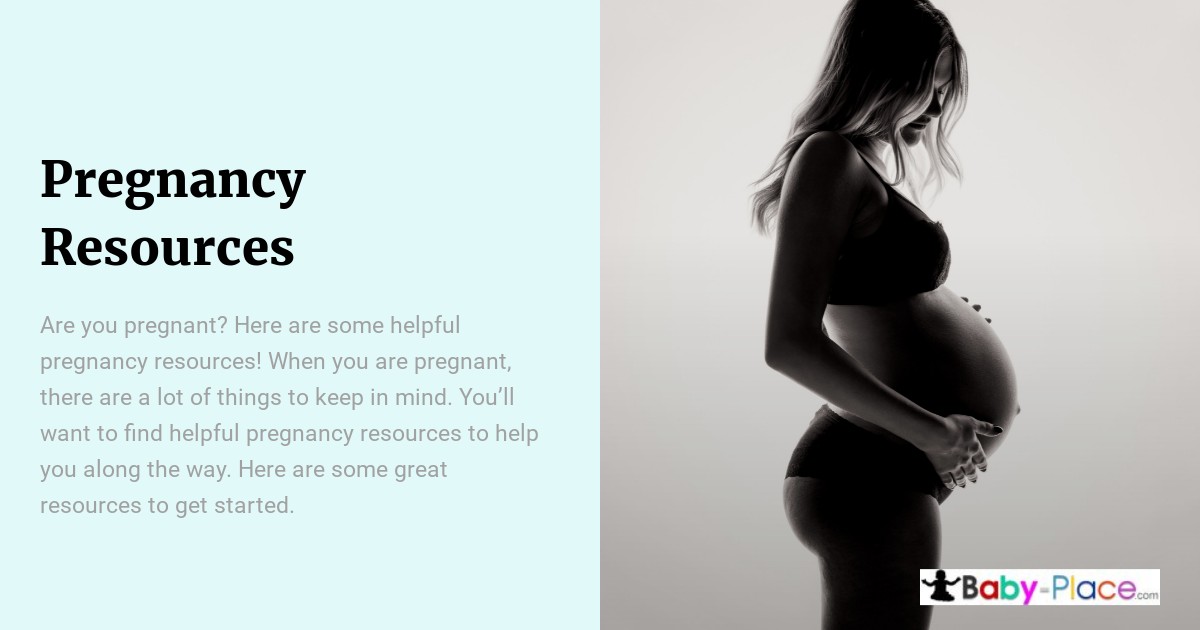Having a family is an important decision for any couple. It’s normal to have mixed feelings about whether or not to expand your family with another baby. As a reproductive health expert, I understand the complexities of this question and want to help couples make informed decisions. In this article, I will provide advice on how couples can evaluate if they should have another baby.
Having multiple children involves physical, emotional, financial, and logistical considerations that must be considered before making such a big commitment. Before jumping headfirst into adding another member to the family unit, it’s essential to consider all angles of the situation thoughtfully. Couples may find themselves asking questions like “Will we be able to handle two kids?” or “How much time do we have for our other child?” Answering these questions honestly can help you decide if now is the right time for a second child.
Ultimately, only you know what’s best for your unique circumstances; however, I am here as an unbiased resource to guide you through the process of determining if having another baby is right for you at this moment in life. Read on to learn more!
Pros And Cons Of Having Another Child
Having another child is a big decision, and weighing the pros and cons can be tricky. On one hand, there’s the potential joy of expanding your family and watching your children grow up together. On the other hand, having more kids means taking on additional responsibility – both financially and emotionally – that you may not be ready for yet. It pays to do some soul-searching before making this important decision.
When it comes down to it, only you know what’s best for your family. While there are many variables at play here, such as age gaps between siblings or childcare arrangements, it’s ultimately up to you to decide if now is the right time to have another baby. If you’re feeling overwhelmed by all these considerations, talking with a professional in reproductive health may help provide clarity on where you stand.
Financial Considerations
Having another child can be a significant financial burden. Not only will there be additional costs associated with the pregnancy and delivery, but also childcare expenses, medical bills, food, clothing, toys, and more. It is important to consider these costs before making a decision on whether having another baby is right for you.
It is essential to plan ahead in order to have enough money saved up to cover all of the expenses that come along with having another child. You may want to look into government programs or other resources that can help provide support so that you are not overwhelmed financially by your new addition. Additionally, it can be beneficial to review your budget and make any necessary adjustments in order to accommodate an expanding family size.
When planning for a second (or third) child, it is wise to think long-term as well – saving up for college tuition and related fees should be taken into account when determining if you’re ready for another baby. Being prepared financially now could save you from future stress down the road. Taking the time now to properly assess your financial situation can ensure that everyone’s needs are met without compromising the quality of life later on.
Raising A Second Child
Raising a second child is not a decision to be taken lightly. It can bring both joy and challenges, just like any other life event. With careful planning and preparation, however, you can make the transition smoother for your family.
To begin with, it’s important to consider how having another baby will affect existing children in the household. Will they handle the changes well or will there need to be some extra support? Providing age-appropriate information about their new sibling may help them adjust more easily. Additionally, try to carve out time for each of your children individually so that none feel neglected or left out. Think of it as ‘quality over quantity’ – even ten minutes spent one-on-one with each of your kids can go a long way toward building strong relationships between siblings.
When taking on a second child, making sure you have enough resources (both financial and emotional) available is essential. Having an organized plan ahead of time can help alleviate stress later on down the road when things inevitably get chaotic at times! Setting realistic expectations around parenting two young ones simultaneously will also save you from feeling overwhelmed by trying to do too much at once. Finally, don’t forget to take care of yourself during this process – after all, if mom isn’t healthy and happy then neither are her kids!
Health Risks Involved
Having another baby carries certain health risks that shouldn’t be taken lightly. Most notably, there is the risk of complications during pregnancy and delivery. While these are far more common in older women, they can also occur in younger mothers as well.
Therefore, it’s important to consider the following when deciding whether or not to have a second child:
- Age – Older women may experience an increased likelihood of developing gestational diabetes, high blood pressure, and preeclampsia.
- Pre-existing Conditions – If you have any pre-existing medical conditions like heart disease or type 2 diabetes, it could make childbirth much more difficult for both mother and baby.
- Family History – Women should assess their family history for hereditary diseases such as cystic fibrosis or sickle cell anemia which can affect fertility and increase the chances of having a complicated birth.
- Lifestyle Choices – Smoking cigarettes or consuming alcohol while pregnant can lead to serious health problems for both mother and baby including premature births and low birth weight babies.
It’s essential for all women considering a second pregnancy to seek advice from their doctor about potential risks associated with giving birth again before making the decision to do so. Alongside this, good nutrition habits and regular exercise will help ensure your body is ready for pregnancy if you decide to go ahead with adding another addition to your family!
Parental Age And Maturity
The transition from health risks to parental age and maturity couldn’t be starker. While the former topic is a matter of life and death, the latter focuses on the importance of being emotionally prepared for parenting.
It goes without saying that having a baby when you are young may have its own set of challenges. With age comes wisdom, patience, and financial security—three key factors in ensuring your child’s well-being as they grow into adulthood. Let’s explore what each factor brings to the table:
| Factor | Benefits |
|---|---|
| Wisdom | Guiding principles & moral compass |
| Patience | Ability to handle stress & conflict resolution skills |
| Financial Security | Provision of basic needs & resources for growth |
In addition to these essential qualities, parents who are older tend to be more mature and better equipped with problem-solving strategies than younger ones. This means greater peace of mind knowing that their children will receive guidance from someone with experience rather than an inexperienced parent who might make mistakes along the way. Moreover, such parents are better able to provide emotional support during tough times as opposed to those lacking maturity or knowledge about how best to navigate difficult situations.
Ultimately, it is important for prospective parents to assess whether they possess all these attributes before deciding if adding another bundle of joy into their lives is right for them. Having a baby can bring immense joy but also requires considerable responsibility – something which should never be taken lightly!
Time Constraints
Having another baby is a big life decision that shouldn’t be taken lightly. Before you decide if it’s the right time, consider your current lifestyle and all of its demands. You need to ask yourself: do I have enough time for myself, my partner, and an extra child?
If you are already feeling overwhelmed with the responsibilities of parenting one or more children, adding another may put too much pressure on your family. Additionally, if you work long hours and/or travel often, there may not be enough quality time available to devote to each member of the family equally. Ultimately, having adequate time to take care of everyone in the household should factor into your ultimate decision-making process.
Therefore, when considering whether to add a new addition to your family unit, think about how this will affect existing relationships within your home and make sure you can provide enough attention for everyone involved. If you cannot realistically meet these expectations then now might not be the best time for another baby.
Impact On Marriage
Having another baby can certainly be a joyous and fulfilling experience, but it is also important to consider the impact on your marriage. While many couples report increased intimacy after having more children, others may feel overwhelmed by additional responsibilities or lack of time together. It’s essential that partners have open conversations about expectations and potential changes in order to ensure the health of their relationship.
A good way to start this conversation is to reflect on how you coped with the demands of parenting before. What worked for you as a couple? Are there any areas where you need extra support now? If so, think about what kind of help would best suit both of your needs. For example, if one partner has been struggling with childcare duties alone, look into hiring a nanny or sharing those responsibilities with family members or friends. Discussing these topics openly will give each person an opportunity to express their thoughts and feelings while helping to identify potential solutions.
Impact On Existing Children
Having another baby can be a big decision with potential consequences for existing children. It’s important to consider the impact on siblings, both positive and negative. The following are four things parents should keep in mind:
- Competition: A new addition may lead to feelings of competition among siblings as they compete for attention and resources from their parents.
- Guilt: Children who have been living in a two-child household might feel guilty about having more privileges than their newest sibling. This could lead to resentment or behavior problems.
- Love: Having another child also brings love into the home which is beneficial for all of the children involved. Siblings often form strong bonds that last a lifetime, creating memories and shared experiences that bring families closer together.
- Responsibility: Older siblings will likely take on greater responsibility around the house, such as helping out with chores or taking care of younger brothers and sisters while parents are busy or away at work.
When it comes to deciding whether to have another baby, these potential impacts must be taken into account before making any decisions. Parents should weigh each factor carefully so they can make an informed choice that best meets the needs of their family dynamic now as well as in the future.
Support System
Having a baby is not an easy decision to make. It requires thoughtful consideration and planning for the best outcome. Having a support system in place can be essential to making sure the experience of welcoming another child into your family goes as smoothly as possible.
The first step in building this kind of network is deciding who will be part of it, whether that’s close friends or extended family members. They should be people you trust, who are willing to lend their support through both the good times and bad. This could mean providing emotional comfort, helping with childcare duties, offering advice on parenting techniques, and even simply bringing over dinner when needed! A strong foundation of reliable individuals can be invaluable during one of life’s biggest transitions.
It’s also important to consider resources outside of your own circle – from medical professionals to online communities filled with like-minded parents. There are countless sources available to provide assistance and guidance along each stage of motherhood if desired; all you need do is reach out and take advantage of them. With enough preparation and understanding beforehand, having another baby can become an exciting opportunity rather than an overwhelming burden!
Emotional Challenges
Having another baby can be an emotional rollercoaster. It’s important to consider the potential physical, mental, and financial challenges of having a second child. Here are some key points to think about when considering expanding your family:
| Emotional Challenges | Strategies for Overcoming These Challenges |
|---|---|
| Stress & Anxiety | Take time to relax & reduce stress levels by engaging in calming activities |
| Feeling overwhelmed | Ask friends or family members for help with childcare responsibilities |
| Guilt over splitting attention between children | Make quality time with each individual child part of the everyday routine |
| Isolation from social circles without kids | Seek out local parent groups or online communities for support & companionship |
Ultimately, it is important that parents take into account their own needs as well as those of their family when making decisions about adding more children to the mix. Being aware of these potential issues and developing strategies to address them can help ensure that everyone involved will benefit from this decision.
Quality Vs Quantity Of Children
It is often argued that having more children increases the likelihood of a meaningful and rewarding life. However, this theory has not been definitively proven one way or another. Below are some points to consider when making the decision:
Quality:
- Adequate financial resources to provide for each child
- A secure marital relationship that can handle additional stressors
- Enough time, energy, and attention devoted to each individual child’s needs
Quantity:
- The desire to have multiple children in order to build closer relationships between siblings
- To continue family traditions with generations of descendants sharing similar values and ideals
When deciding whether or not to have another baby, it is important to assess your current situation from both a quantitative and qualitative viewpoint. Consider how much money you currently make, if your marriage is stable enough for an expansion of the family, and if you will be able to give every child adequate attention and care. Additionally, reflect on why you want more kids–maybe it’s just because you love being a parent or maybe there’s something special about continuing family lineages through multiple generations. Ultimately, the choice depends on what feels best for you as an individual or couple.
Career Plans And Goals
After discussing the pros and cons of having a larger or smaller family, it is important to consider how career plans and goals can be affected by the decision. This choice should not only be based on personal desires but also what may work best for one’s professional ambitions. For example, if someone wants to pursue their dream job that requires frequent travel or long hours away from home, they will need to determine whether they are able to balance those demands with parenting responsibilities. The table below outlines some considerations when deciding between pursuing a career or having another child:
| Considerations | Pros | Cons |
|---|---|---|
| Pursuing Career | Flexibility Increased earning potential Achieving lifelong goals | Less time for family Additional financial expenses Work-life imbalance |
| Having Another Child | Experiencing joys of parenthood Strengthening existing relationships Building a legacy | Financial strain Reduced flexibility in lifestyle/career choices More responsibility |
Ultimately, this decision comes down to an individual’s unique circumstances as well as their values and priorities. It is important to take into account all aspects before making any decisions about adding more children to your family. Reproductive health experts suggest considering the potential impact on both current and future life plans before embarking on the journey of growing your family.
Spiritual Aspect To The Decision
It is often thought that having another baby can bring a sense of spiritual fulfillment. Certainly, the new life created has a unique and powerful presence, one which can evoke deep emotions in parents. But it’s important to consider if this is really the source of the desire for another child or whether there are other factors at play. It may be that becoming a parent again will provide an opportunity to feel needed, valuable, and useful—emotions many of us seek out as part of our daily lives.
This decision should not be taken lightly; having another child will have long-term implications on both your physical and mental well-being. There are also economic costs associated with raising children and these must be carefully weighed against any potential benefits before making a final commitment. Ultimately, you need to decide what makes sense for you, spiritually as well as practically. Consider how adding another member to your family might impact those already present. Only then can you make an informed decision about whether or not now is the right time for bringing a new life into the world?
Alternative Options For Growing Family Unit
While considering the spiritual aspect of having another baby, it’s important to remember that there are other options available for growing your family. Rather than committing to pregnancy and childbirth again, couples can explore alternatives such as:
- Adoption
- Becoming foster parents
- Embryo adoption and surrogacy
- Co-parenting agreements
Couples who choose these alternative paths must take into consideration many things beyond just their own preferences. Depending on which option you pursue, legal or financial implications may come with it. It is also essential to consider how this decision will affect any existing children in the home. If a child is already present, they should be included in conversations about expanding the family unit. They need to understand that this change won’t disrupt normal life too much.
It can be beneficial for couples to speak with professionals who specialize in reproductive health when making decisions regarding building a family. An expert can provide information on all the factors couples should think about before reaching a final solution – from ethical considerations to logistical details like insurance coverage and taxes. This kind of guidance could prove invaluable in helping families make an informed decision that works best for them.
Final Decision-Making Process
It is an important decision to make when considering having another baby. According to the United States Department of Health and Human Services, approximately 4 million babies are born in the U.S. each year. It’s essential for parents to explore all aspects of their lives before deciding if they want a second child.
When making this life-altering decision, there are several factors that should be taken into account including financial stability, health concerns, work/life balance, relationship dynamics with your current partner or spouse and other family members, as well as lifestyle considerations like travel plans or hobbies you may have. Once these areas have been explored from all angles, it’s time to determine whether adding a new addition makes sense within the context of your current situation.
The goal is to create a healthy environment where everyone involved can thrive – taking the time to think through decisions carefully will help ensure that happens. Weighing up pros and cons can also be beneficial; asking yourself questions such as ‘what would my life look like if I had one more child?’ or ‘how might our day-to-day routines change?’ can provide clarity on what impact having another baby could bring to you and those around you.
Conclusion
The decision to have another baby is a deeply personal one that must be carefully considered. It involves weighing up the pros and cons, understanding the financial implications, assessing your health risks, and taking into account any career plans or spiritual considerations you may have. Ultimately, it’s down to you as an individual whether or not to expand your family unit with another child.
It can be helpful to think of having another baby as embarking on a journey; while there will undoubtedly be joys along the way, there are also going to be challenges and difficulties. The key is not just being prepared for them but also knowing how best to tackle them when they do arise. This means making sure you’re well-equipped with knowledge about parenting strategies, emotional support networks, and any other resources needed for raising children in today’s world.
By thoughtfully considering all aspects of this life-altering choice, parents can make an informed decision that works best for themselves and their families – regardless of what that outcome might be. Metaphorically speaking, the path toward parenthood begins with a single step forward – so take yours wisely.



